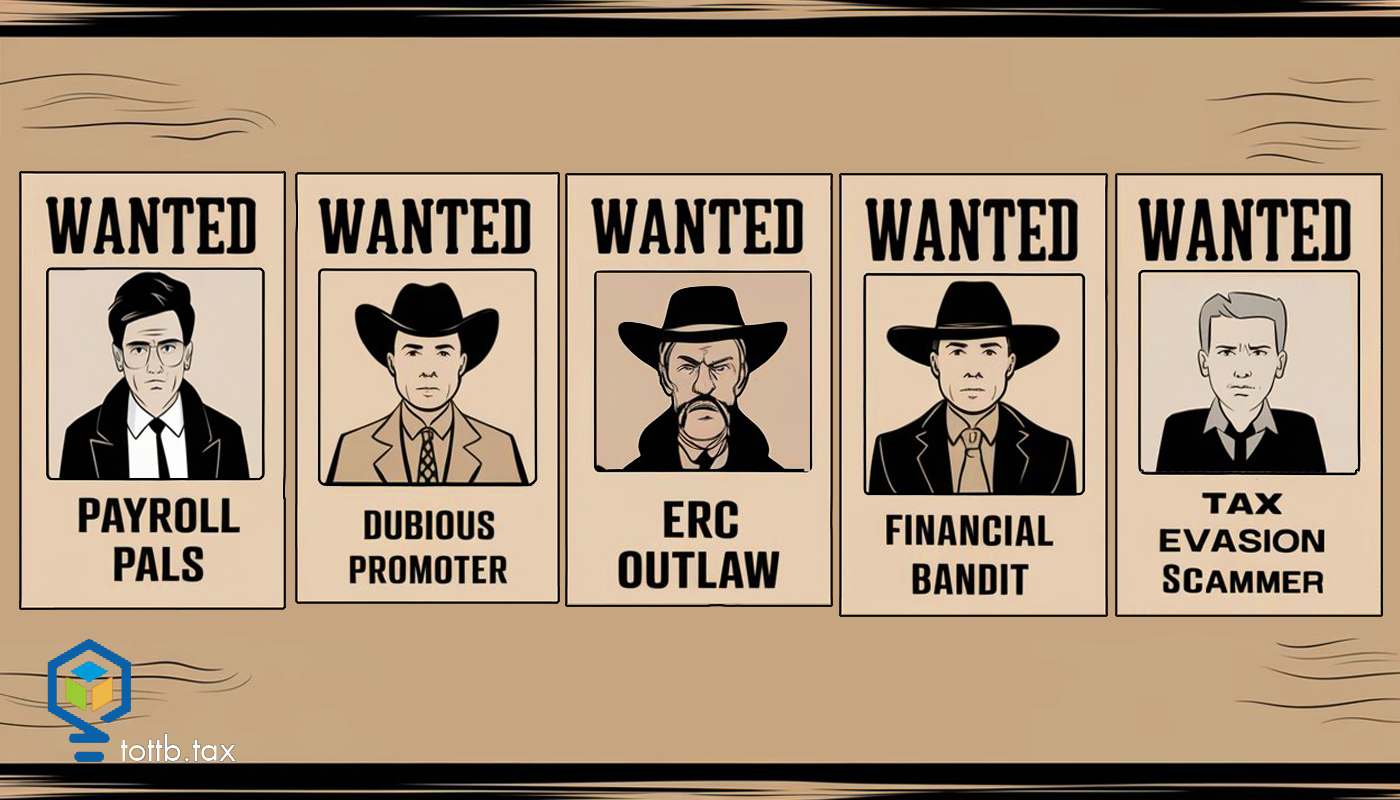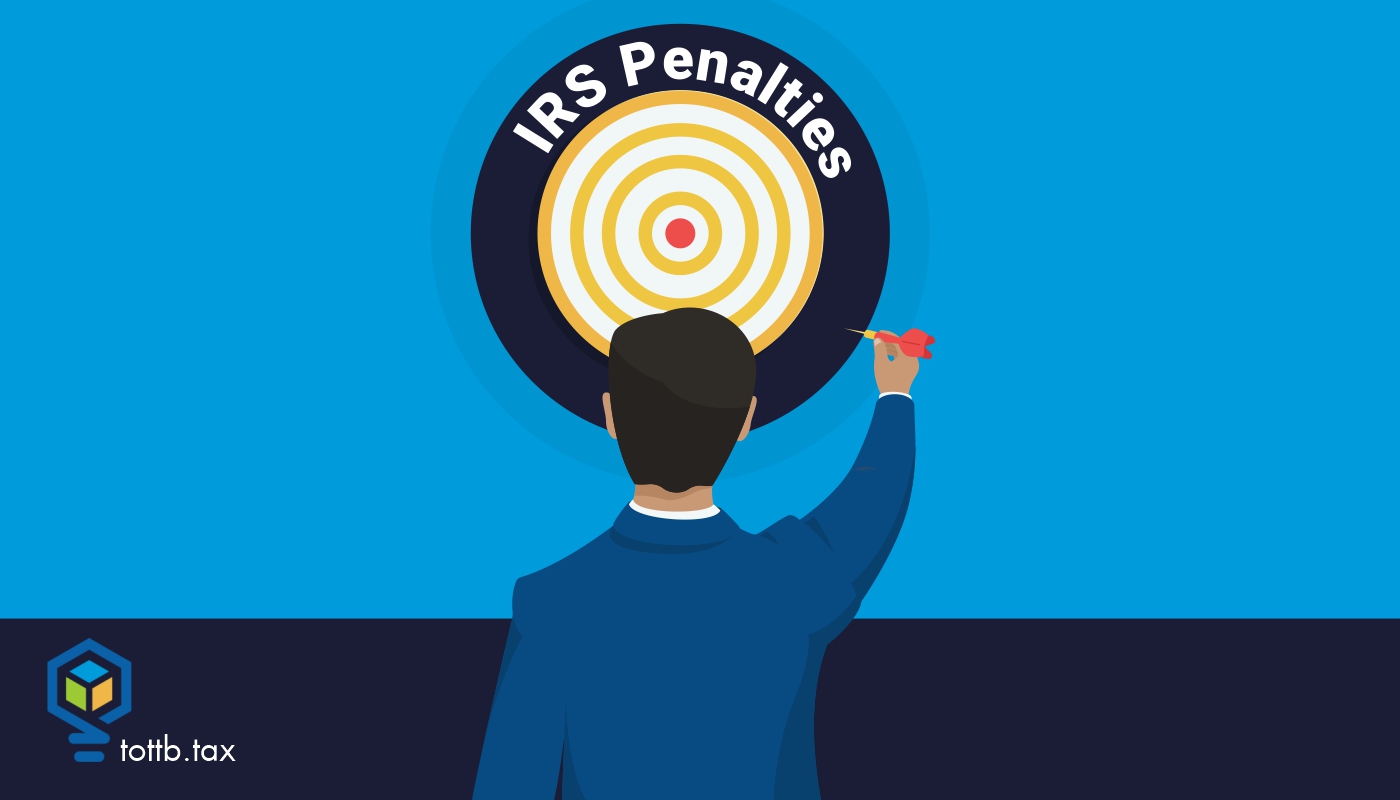CURRENT EDITION

This Is The Only Other Year-End Tax Tip Guide You Need
So as I did last year, I have reviewed a multitude of year-end tax tips articles. One of them is a real standout that you should be sure to check out. If you missed it, you should definitely roll back to the November 15 edition and go over Dominique Molina’s piece, which focuses on what you need to do sooner rather than later in response to OBBBA. It provides more detailed, relevant, actionable advice that you won’t see anywhere else than any of the multitude of pieces I have reviewed. As for the rest, I will give you a basic rundown of what I call the SOSO (same old, same old) and a few suggestions that stand out as different that I will get into a little more along with some thoughts of my own.
READ MOREInstagram Marketing for CPAs: Showcasing Expertise and Behind-the-Scenes Insights
We've been expanding our conversation on how a solid online presence is crucial for professionals in every field, including Certified Public Accountants (CPAs). So far, we covered Linkedin and X (previously Twitter). In this article, we will delve into Instagram, a platform traditionally dominated by lifestyle, fashion, and food influencers; it now offers a unique opportunity for accountants and CPAs to connect with potential clients, showcase their expertise, and provide an insider's view into their work processes. We will explore creative ways you can leverage Instagram to enhance your professional brand and connect with your audience through engaging visual content and storytelling. Unlike LinkedIn and X, you can post on Instagram (IG for short) in three main ways.
Read MoreThe Wild West of Employee Retention Credits (ERC): Outlaws, Deputies, and Cowboys
Gather 'round, pardners! The Employee Retention Credit (ERC) has been the latest gold rush in the tax frontier, drawing business owners, tax deputies, and even a few sly outlaws. But as the dust settles, the IRS—our law keeping sheriff—is on the hunt for any who might’ve bent the rules. In this frontier of finance, knowing who’s who can keep you out of trouble as the IRS rounds up dubious claims.
Read MoreSelected Techniques to Monetize Tax Attributes
In the prior article "Tax Trends in M&A and What It Means for Your Clients," we had discussed certain techniques to, e.g., maximize net operating loss (“NOL”) and interest expense deduction utilization in the context of M&A transactions. This article examines certain additional strategies to monetize expiring, latent, or otherwise disallowed tax attributes.
Read MoreDo Those Tricks Really Work?
On the website for Axium Wealth, Charles Dombek tells us that: “Most CPAs are historians that tell their clients how much they make, how much they owe, when and where to file their taxes, and oftentimes how to write large checks at the last minute when you least expect.” When it comes to Axium, though: “We help clients recover dollars they unnecessarily pay in State and Federal income taxes.” Axium also helps clients diversify capital into off-market passive real estate and alternative investments. Before Axium, there was The Optimal-Financial Group LLC. Of course many of the readers of Think Outside The Tax Box are CPAs, or EAs or others who both help their clients be compliant and advise on ways to minimize their liability. When I was practicing I would call the things I might suggest my “bag of tricks.”
Read MoreTAX COURT ROUNDUP – November 2024
It's been said that the United States Tax Court is "a vital cog in the financial machinery of the country," and October proved that point yet again.
Read MoreEditor’s Pick: The Future of Digital Product Taxation—What Tax Professionals Need to Know
As states increasingly focus on taxing digital products, tax professionals need to be aware of how these changes will affect their clients and businesses. The Multistate Tax Commission (MTC) is at the forefront of efforts to create more uniform approaches to taxing digital goods, and their proposals could have far-reaching consequences for compliance, pricing strategies, and audit risks. Here’s a breakdown of the major proposals under consideration and how they will impact sellers of digital products—and the tax professionals advising them.
Read MoreStriking a Balance: Pitching to the Umpires of Tax Law – Understanding US Tax Court Judges through the Art of Baseball Analogies
In this fascinatingly original article, we explore the striking parallels between America's pastime and the high-stakes world of tax litigation. Prepare to be surprised as we reveal the hidden connections between the umpires of the diamond and the judges of the Tax Court. From the precise strike zones of regular judges to the veteran expertise of senior judges, and the specialized skills of special trial judges, you'll gain a newfound appreciation for the officials who keep the game of tax law fair and balanced.
Read MoreDodging the IRS Penalty Flag: Avoiding the Accuracy-Related Penalty
A penalty specifically for taxpayers who have made a mistake on their return. That's how I explain the accuracy related penalty to taxpayers. This penalty carries a punch as well, with 20% of the tax the IRS didn't receive due to the taxpayer making a mistake. This seems harsh out of context. The reason for this harshness is because the IRS considers these "mistakes" to be intentional due to taxpayer negligence. This is one of the reasons at my firm that we encourage our clients to take their time when filling out the intake form and gathering their documents. Omitting an income document can be costly in the end to both you and your client. The IRS will hit your client with penalties that they could have avoided, and you may compromise the integrity of your firm.
Read MoreNOT A MEMBER YET?

SUBSCRIBE TO GET ALL OF OUR
GREAT ARTICLES AND RESOURCES!
CURRENT EDITION

This Is The Only Other Year-End Tax Tip Guide You Need
So as I did last year, I have reviewed a multitude of year-end tax tips articles. One of them is a real standout that you should be sure to check out. If you missed it, you should definitely roll back to the November 15 edition and go over Dominique Molina’s piece, which focuses on what you need to do sooner rather than later in response to OBBBA. It provides more detailed, relevant, actionable advice that you won’t see anywhere else than any of the multitude of pieces I have reviewed. As for the rest, I will give you a basic rundown of what I call the SOSO (same old, same old) and a few suggestions that stand out as different that I will get into a little more along with some thoughts of my own.

The Corporate Vault: How to Use a C Corporation to Stockpile Cash for the Future
When most people think about saving for the future, their minds jump to retirement accounts—401(k)s, IRAs, maybe even defined benefit plans. But business owners have another option that often goes overlooked: using a C corporation as a strategic savings vehicle. By leveraging the flat 21% corporate tax rate, smart income shifting, and careful timing of distributions, business owners can “stockpile” cash inside a corporation, building wealth for future use without the red tape of traditional retirement plans. Want to see how top tax strategists legally use C corporations as private retirement vaults while avoiding double taxation and IRS scrutiny? Continue reading to learn the blueprint.

When TikTok Tax Hacks Backfire: Helping Clients Misled by Social Media Scams
Jessica, a self-employed consultant, was thrilled when she found a viral TikTok video promising a “little-known” tax trick. The video claimed she could get a huge refund by claiming a special Fuel Tax Credit and even writing off her family’s beach vacation as a business expense. Following the advice, Jessica filed an amended tax return and waited eagerly for a windfall. A few months later, instead of a refund check, Jessica received a stern IRS notice. Her so-called credits were disallowed, her refund was denied, and she now faced penalties. Jessica isn’t alone. Every tax season, well-intentioned taxpayers get lured by false tax advice on social media, only to end up in trouble. As tax professionals, we often meet panicked clients like Jessica who need our help to untangle the mess.









